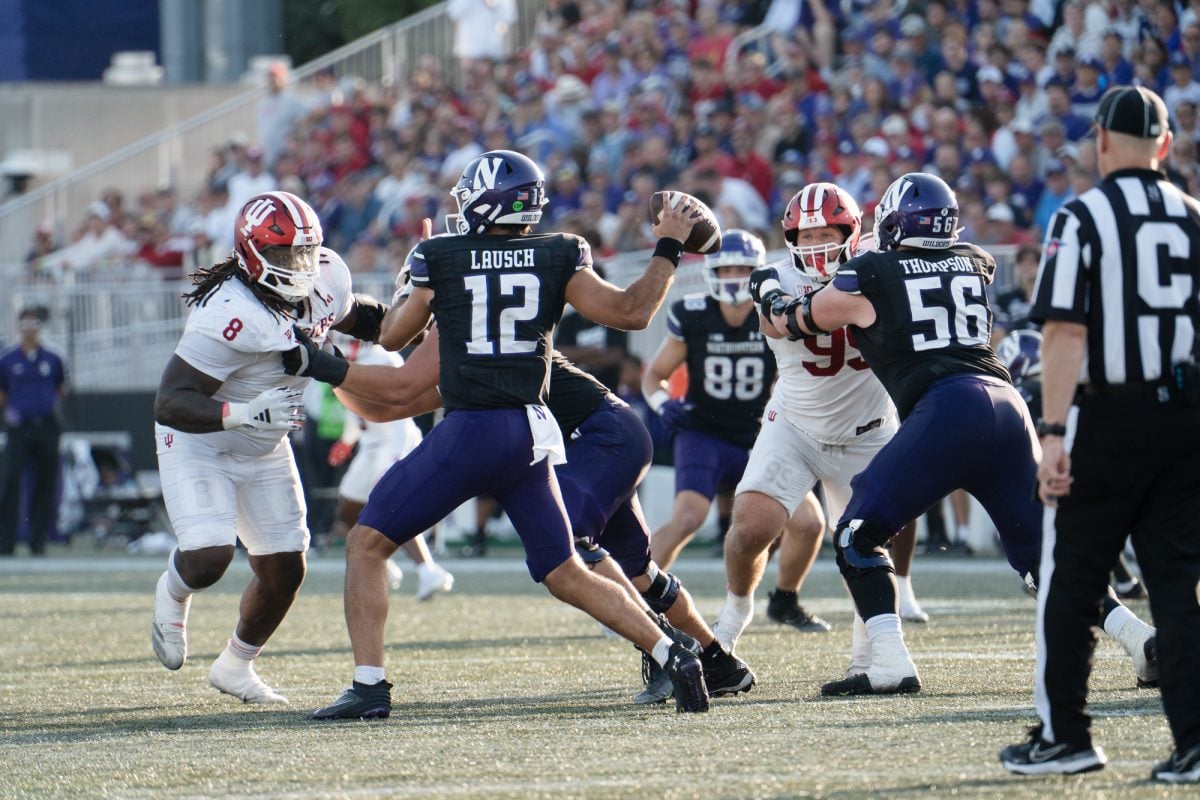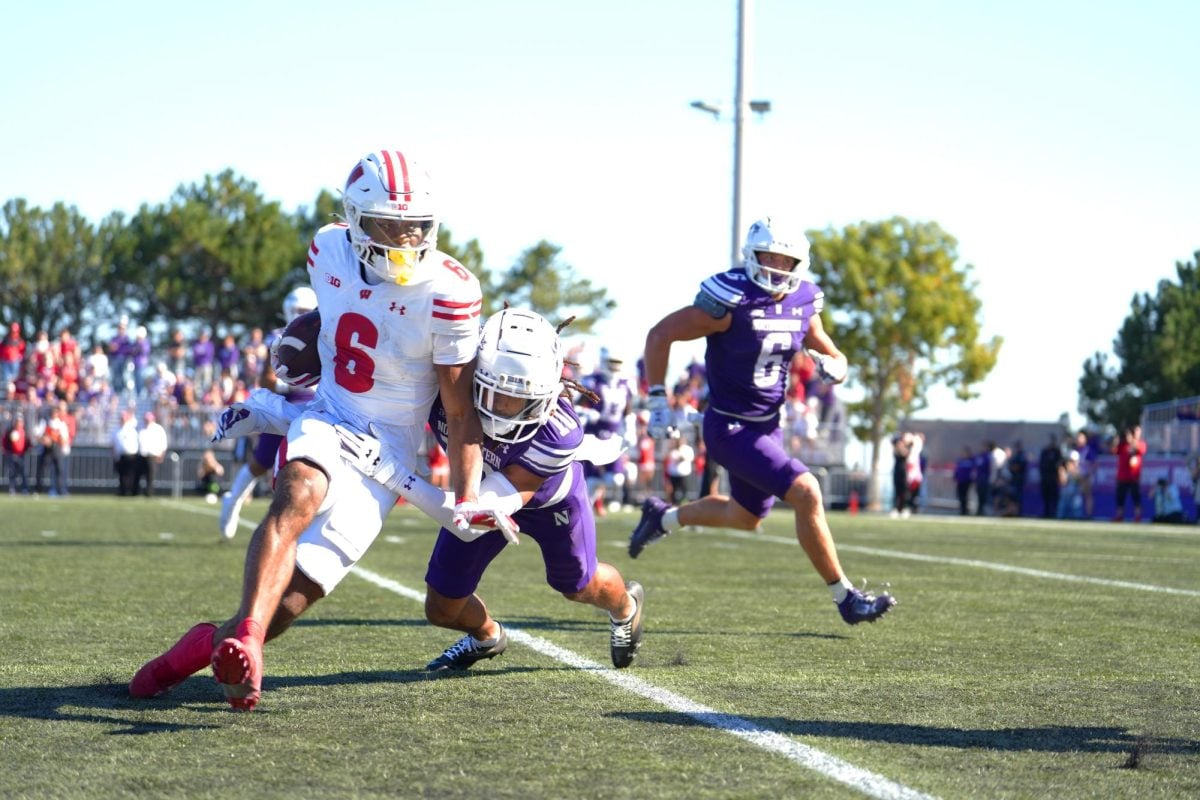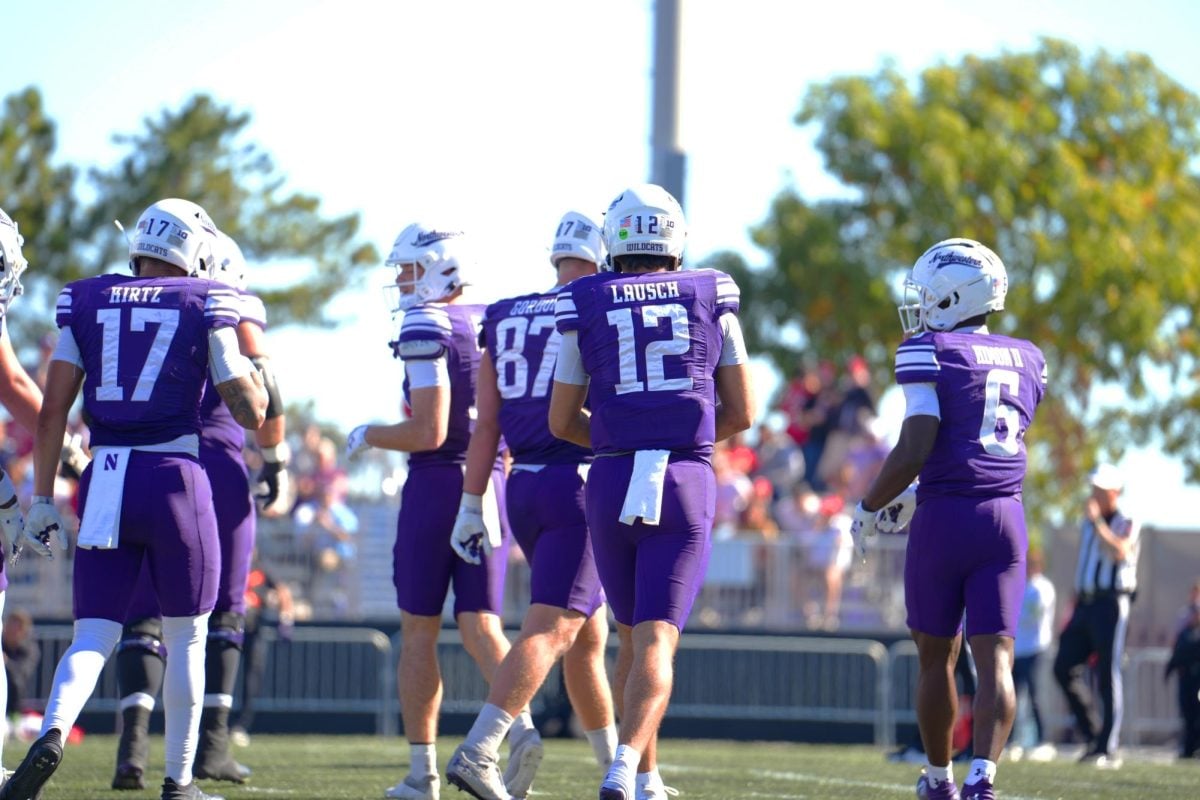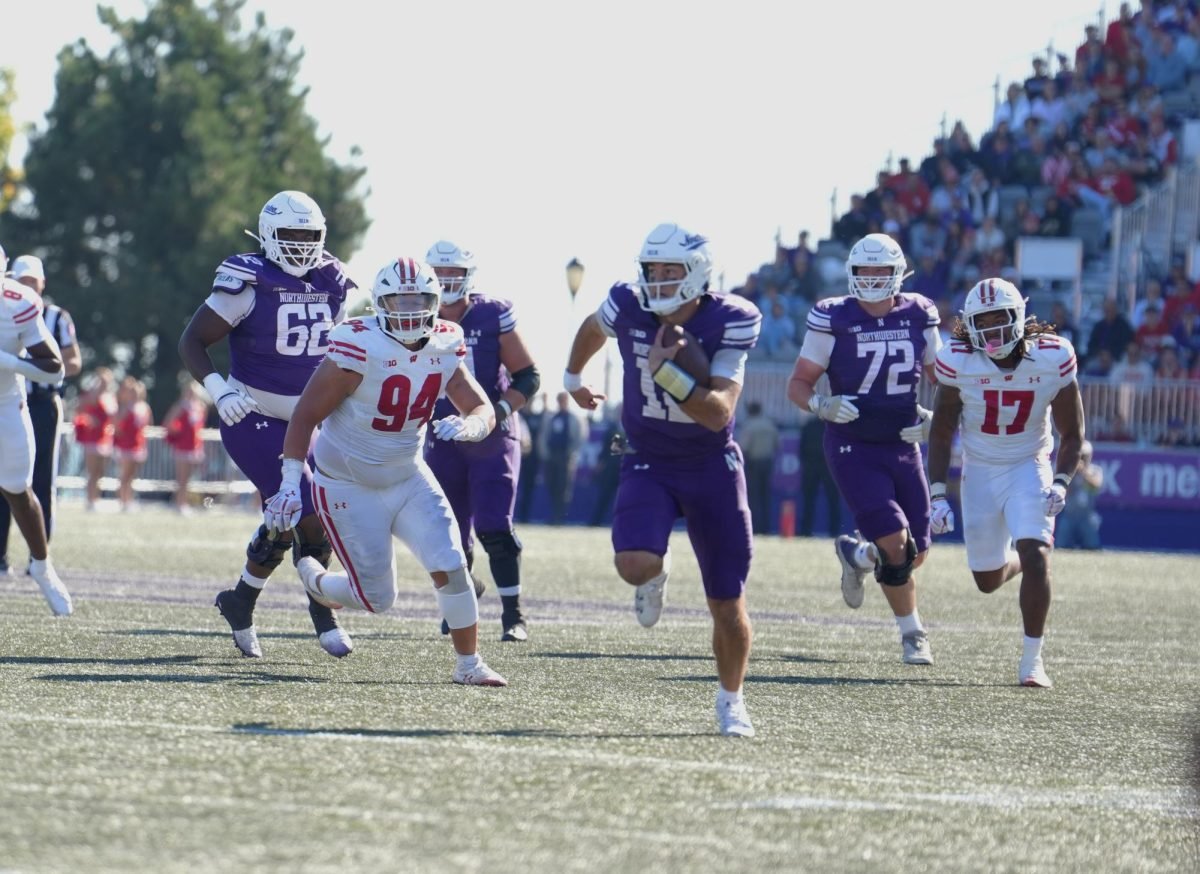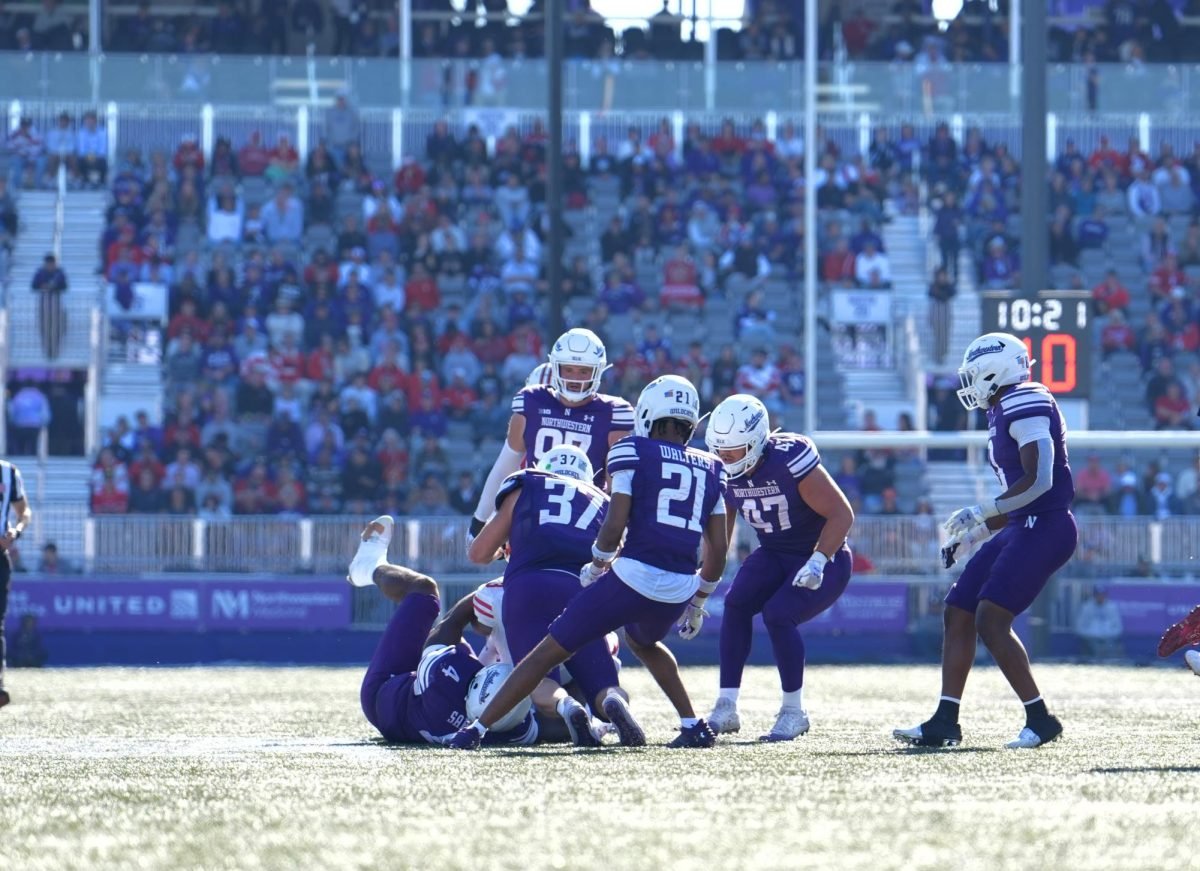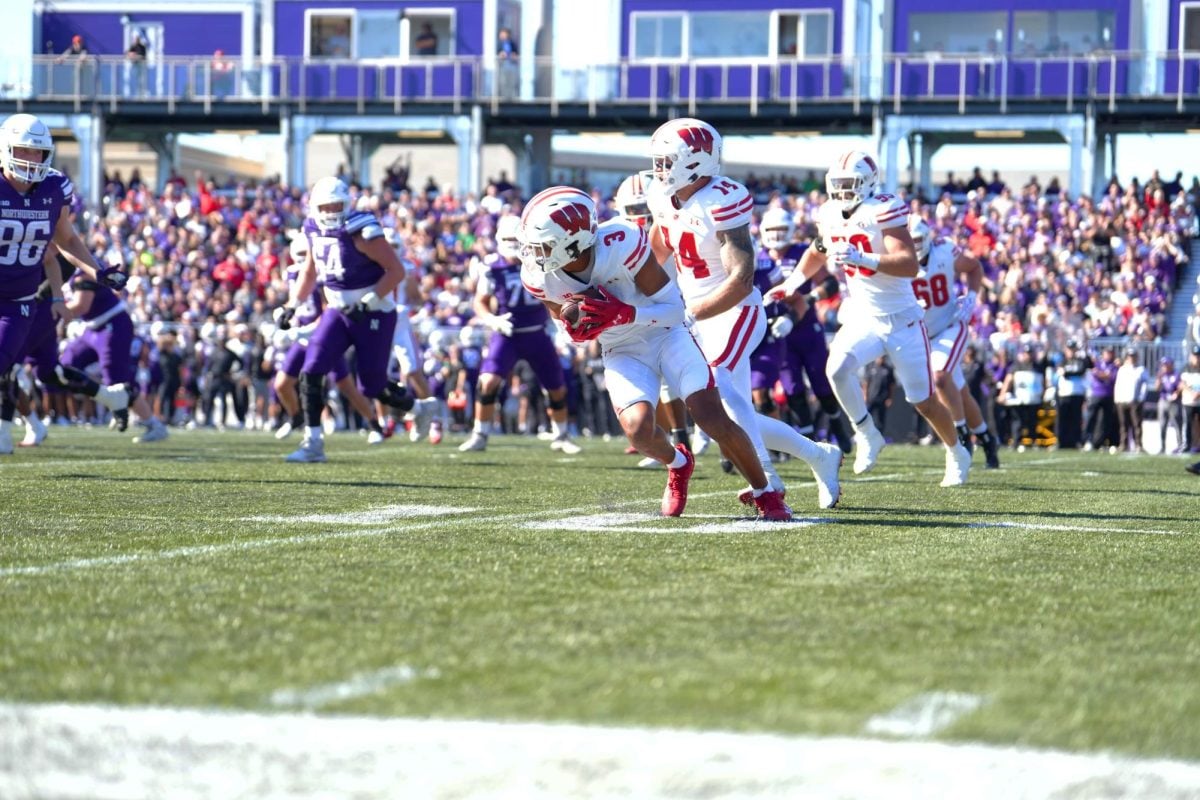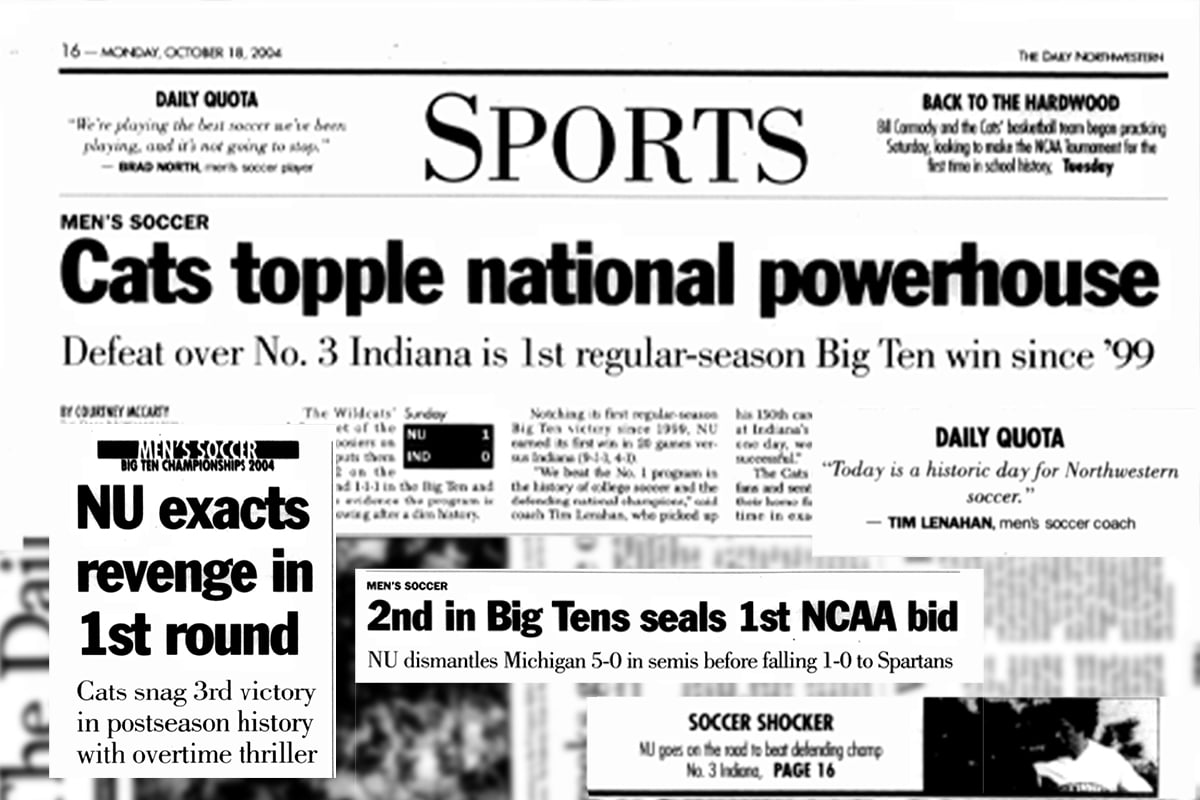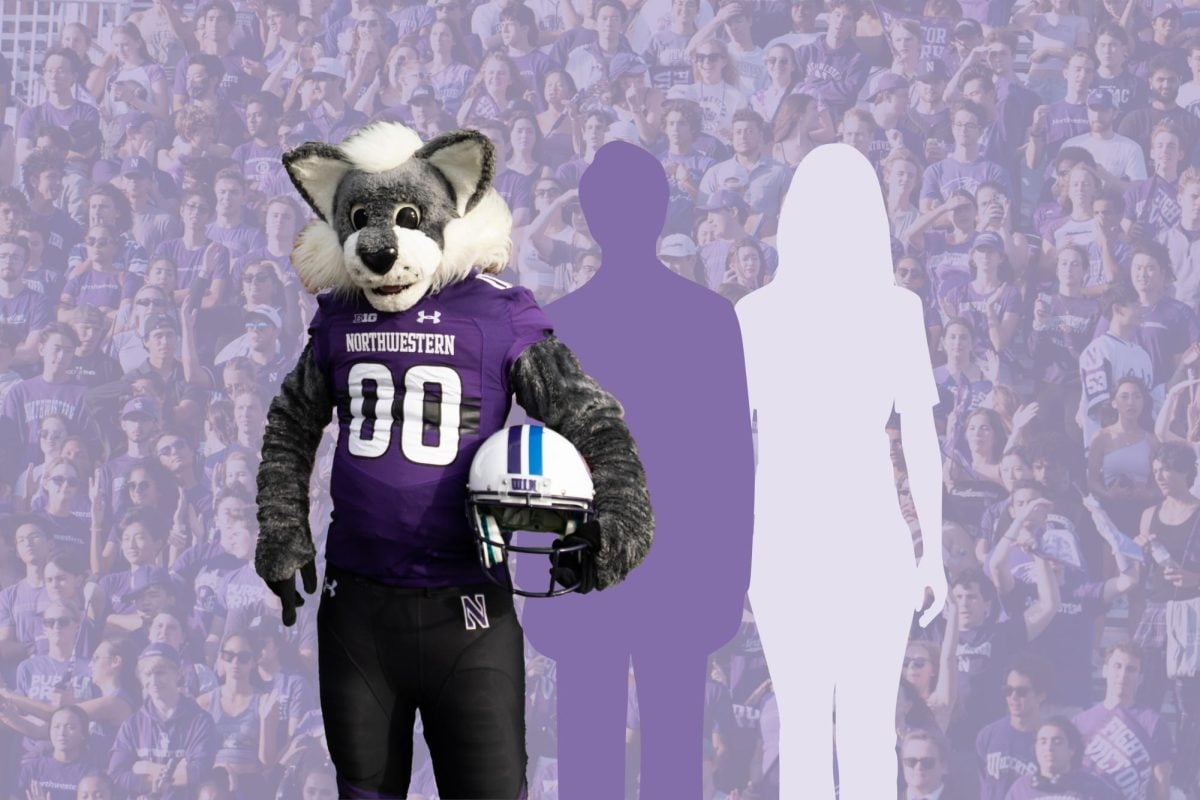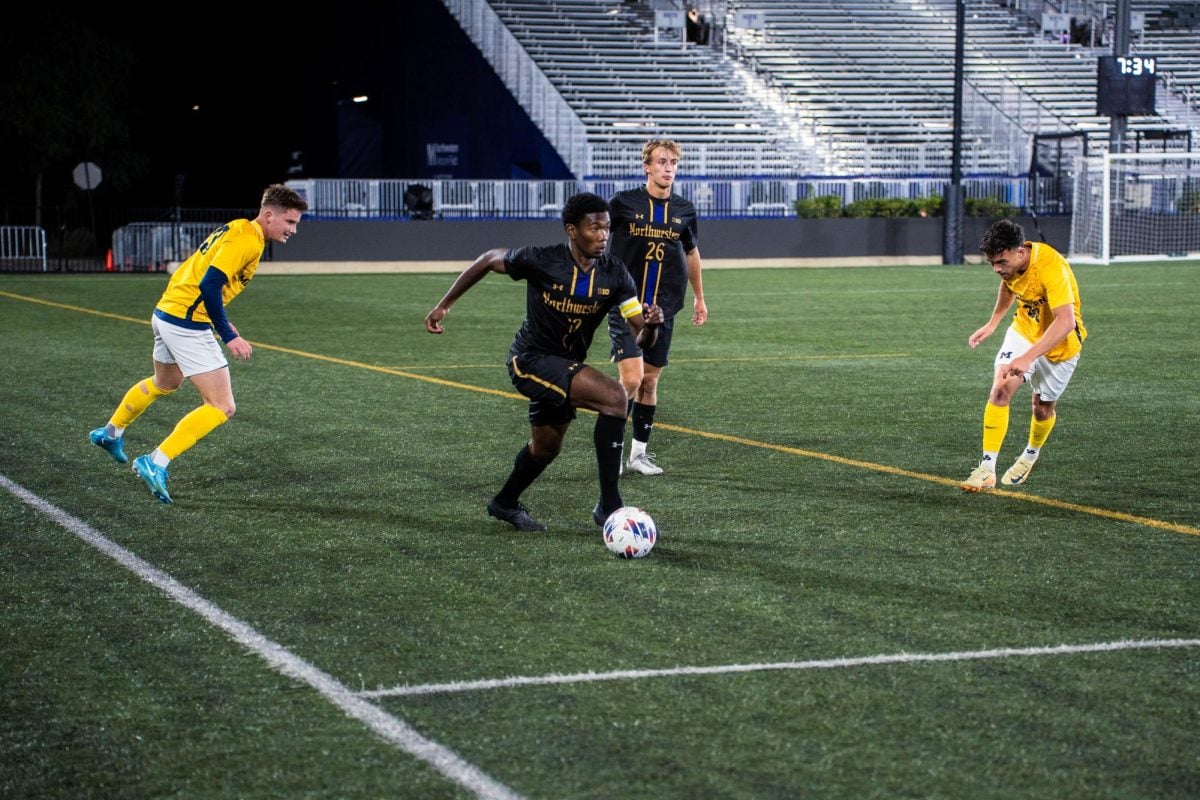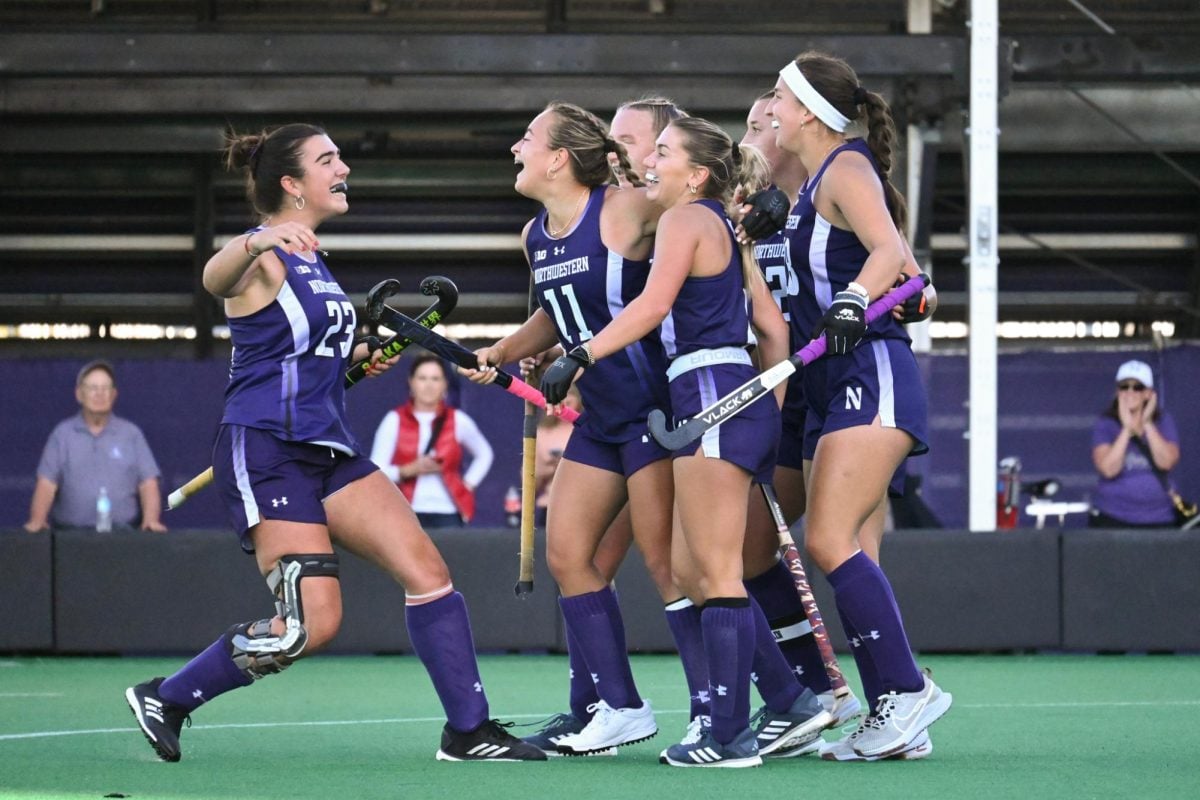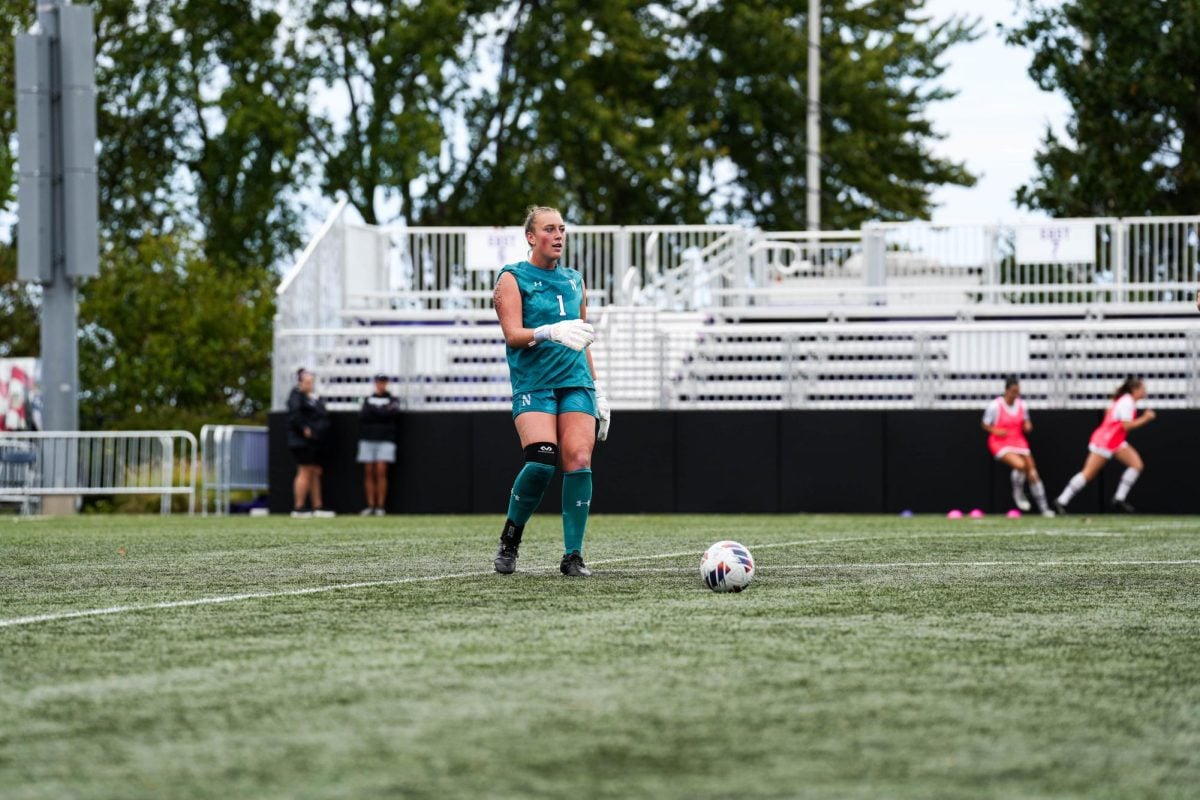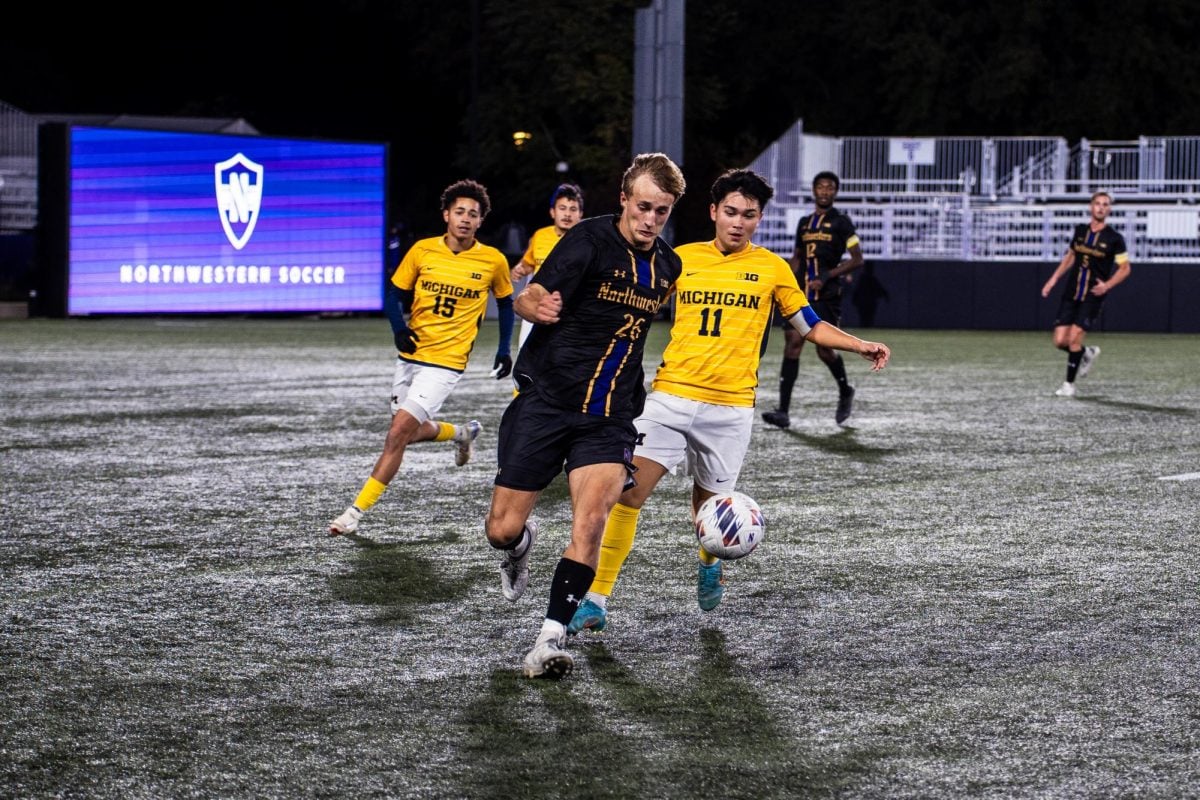From anger to tears and from pain to justice, the child sex abuse scandal at Penn State has produced a wide spectrum of emotions.
The saga that started in early November 2011 with an indictment and campus riots finally culminated in June 2012, when former Nittany Lions defensive coordinator Jerry Sandusky was convicted on 45 of 48 charges.
The scandal, a depraved situation that dug much deeper than football, highlighted the growing dissonance between academics and the multi-million dollar sports programs that happen to be played at academic institutions.
Sandusky, whose disturbing acts were brought to light in grand jury reports and gut-wrenching testimony, also brought down the key figures in a university once known for doing things the right way.
Graham Spanier, former president of Pennsylvania State University, now sits behind attorneys, lobbing defensive rhetoric at the victims in an effort to avoid the disgrace that befell many of his coworkers.
Former athletic director Tim Curley and former vice president Gary Schultz currently await a trial for perjury stemming from an alleged cover-up that allowed Sandusky to run rampant on campus for over a decade.
But of course, former Penn State football coach Joe Paterno suffered the most public fall from grace. A statue removed and a phone-call firing do not accurately represent the failings of Paterno.
The man whose name adorns the school library, renowned for changing the lives of young adults who came to view him as far more than simply a coach, failed in such a miserable way that his involvement in the alleged cover-up trumps his 62 years of coaching.
From January to June, the flames of the Sandusky scandal engulfed Penn State. But on Jan. 6, 2012, the university laid the foundation for a new era, hiring Bill O’Brien as its football coach.
The similarities end there
In 1992, O’Brien graduated from Brown University, earning a double concentration in political science and organizational behavioral management.
O’Brien played linebacker and defensive end for his alma mater, playing some 40 years after Paterno quarterbacked the Bears before graduating in 1950.
But the two men’s lives took on very different paths.
Paterno immediately took a job at Penn State as an assistant in 1950 before moving to the head coach position in 1965.
O’Brien stayed at Brown after graduation, coaching tight ends and then linebackers for the first two years after finishing school.
The Dorchester, Mass., native left Brown for Georgia Tech, where he filled various coaching positions from 1995 until 2002. O’Brien bounced around for four more years before earning his big break in 2007 when the New England Patriots hired him as an offensive assistant.
O’Brien spent five years in Foxborough, coaching about an hour away from where he graduated high school in Danvers. In 2011, O’Brien became the Patriots offensive coordinator.
O’Brien’s time in New England also meant a mentorship from one of the most respected football minds of the 21st century, Patriots head coach Bill Belichick.
“I’ve been fortunate to work for a lot of good head football coaches,” O’Brien said at Big Ten Media Days in July. “George O’Leary at Central Florida, Ralph Feridgen, Maryland … and obviously Bill Belichick. Those guys’ friendships mean a lot to me. And they’ve been very supportive of our program.”
O’Brien agreed to a five-year contract with Penn State, and NCAA sanctions in July triggered a four-year extension to the original contract.
Defiance
It became obvious at the media days that O’Brien quickly rejected the often chummy relationship Paterno shared with the media.
“No,” O’Brien answered when asked if he could provide an update on former running back Silas Redd’s transfer situation. Redd would later choose to leave Happy Valley for the University of Southern California.
“No,” O’Brien answered when asked if he spoke to Illinois coach Tim Beckman about Illinois recruiting transfers. Beckman’s assistant coaches reportedly flew to State College in July to recruit Penn State players.The NCAA allowed Nittany Lion players to transfer without sitting out a year in the sanctions it handed down on July 23.
“Right now, no,” O’Brien said when the media asked him if he knew of any players potentially leaving.
Before the days of the 24-hour news cycle, Paterno reportedly frequently welcomed football beat writers at his home for friendly gatherings.
O’Brien’s demeanor in his first major interactions with the media left many feeling the new coach acted angrily or spewed an attitude to those who held microphones in his face.
As opposed to his grandfatherly predecessor or conference colleagues like the smooth Urban Meyer or polished Bret Bielema, O’Brien wears his imperfections on his face.
O’Brien, seemingly never clean-shaven and eyes always weary, bears a cleft in his chin amidst all the scruff and stress.
The job of football coach, which turns even the best men into cortisol-ridden creatures who can only focus on X’s and O’s, stood to be an even greater challenge for O’Brien.
But the support of his players quelled the madness.
Still kids
Since the hiring of O’Brien, senior linebacker Michael Mauti emerged as the most outspoken player and leader from Penn State’s football program.
“If you’re from our conference, and you’re going to come and steal our players and then wish us well, I got a serious problem with that,” Mauti said in late July.
Ultimately 10 players would transfer while many recruits elected to decommit from Penn State in the aftermath of the sanctions placed on the university by the NCAA and the Big Ten.
But Mauti led those who stayed onto the field on Sept. 1, when the Nittany Lions played their first game under O’Brien
A new era
Penn State suffered an opening day upset in its first game of the season, falling to Ohio at home.
Some things stayed the same. A sold-out stadium cheered on the Nittany Lions. Chants of “We Are” permeated throughout the crowd. But players also wore their names on the back of their jersey for the first time in school history, a small but significant shift toward a new standard at Penn State.
O’Brien roamed the sideline, sans the thick glasses and rolled up pants that Paterno made famous. The Nittany Lions, ineligible for postseason play for four seasons, remained united in their quest to win.
Penn State lost its next game, falling to 0-2 before embarking on a three-game win streak that brings it to Saturday’s game against No. 24 Northwestern.
NU coach Pat Fitzgerald, who at age 37 only knew of one Penn State head coach his entire life before last November, knows this trip will be very different on the field.
“Totally different football team,” Fitzgerald said of the Nittany Lions’ schemes. “(They have) the same great players, very talented football team, but schematically very different. Super Bowl-champion schemes. They do a phenomenal job.”
Fitzgerald praised Penn State’s players and coaches repeatedly.
“They’re just really well coached,” he said. “They’re a band of brothers who have won a lot of Big Ten football games, that are playing for each other, playing for their school. They’re playing with a great amount of passion and a great amount of physicality.”
For now, Penn State remains talented with a group of players mainly recruited by Paterno.
O’Brien’s job will be to navigate the future. He must deal with the shadow of a postseason ban and recruit with a limited number of scholarships – 65 instead of the usual 85 – meaning it may be a long time before Penn State football returns to powerhouse status.
The sanctions and the $60 million fine levied by the NCAA meant to send a clear message to the program, hoping to restore order and priorities at a university that put football ahead of human decency.
But O’Brien seems up to the task. He already stamped this team with his tough, no excuses identity. Current leaders like Mauti and future front runners must continue to respect his authority if the university hopes to reclaim its past glory.
“Our coaches have stories of adversity in their lives,” O’Brien said. “And the measure of a man is how you overcome adversity.”
In nine years’ time, the world will know the measure of Bill O’Brien.
